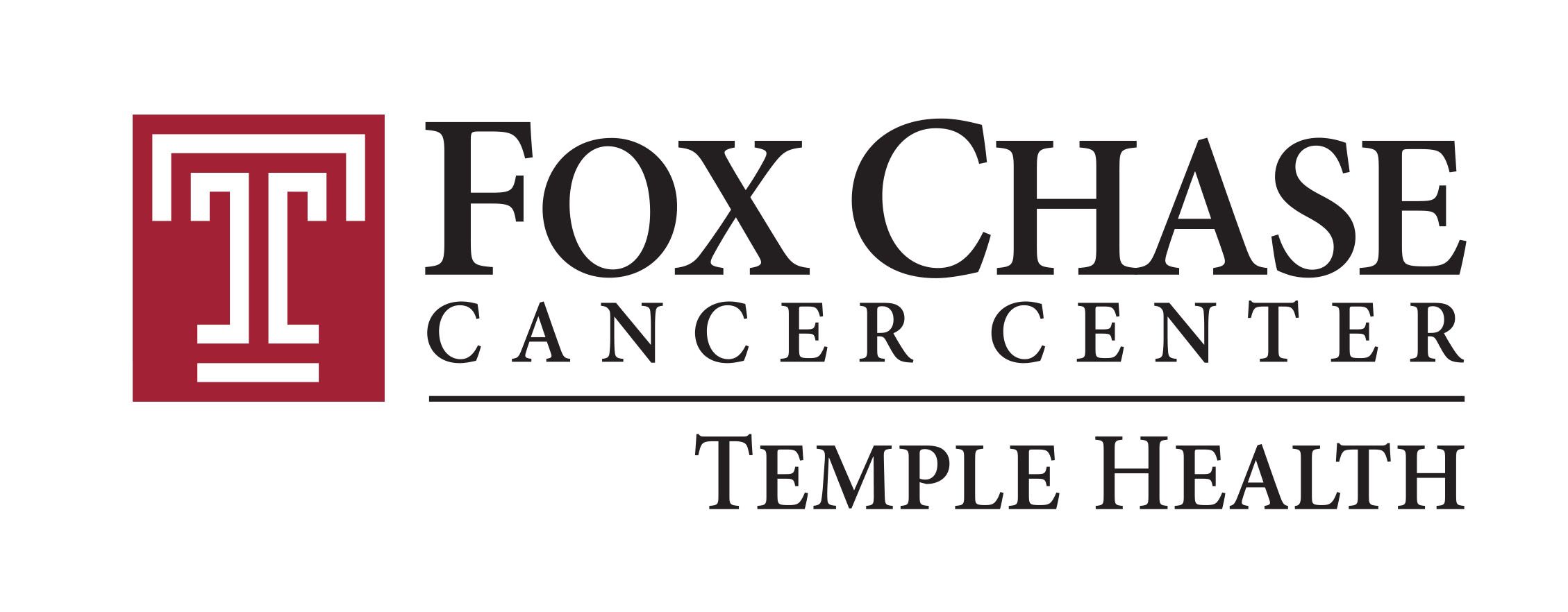- Advertise
- About OncLive
- Editorial Board
- MJH Life Sciences brands
- Contact Us
- Privacy
- Terms & Conditions
- Do Not Sell My Information
2 Clarke Drive
Suite 100
Cranbury, NJ 08512
© 2025 MJH Life Sciences™ and OncLive - Clinical Oncology News, Cancer Expert Insights. All rights reserved.
Two Fox Chase Researchers Receive Grants to Pursue Innovative Kidney Cancer Research
Press Release
Two Fox Chase Cancer Center researchers have received $75,000 grants from the Kidney Cancer Association to pursue studies that could improve kidney cancer treatment and care.
Two Fox Chase Cancer Center researchers have received $75,000 grants from the Kidney Cancer Association (KCA) to pursue studies that could improve kidney cancer treatment and care.
Pooja Ghatalia, MD, assistant professor in the Department of Hematology/Oncology, was awarded one of six KCA Trailblazer Awards, which funds young- to mid-career investigators to foster innovative kidney cancer research. Ghatalia’s project is titled, “Comparison of Immune Microenvironment Between Patients of African and European Ancestry With Renal Cell Carcinoma.” “Patients of African ancestry with renal cell carcinoma have poor disease outcomes due to several socioeconomic factors. Since standard treatment options for patients with metastatic renal cell carcinoma includes immune checkpoint inhibitors, it was important to determine if the immune profile of patients of African ancestry is different from that of Caucasians,” Ghatalia said.
“Understanding the differences in the tumor biology between the two groups will help determine appropriate treatments for patients of African ancestry and identify distinct pathways to target in them,” she said.
Erin Tagai, PhD, MPH, an assistant research professor in the Cancer Prevention and Control research program, was awarded the new KCA Psychosocial Focus Award, which seeks to address acute unmet needs in the kidney cancer community. These can include quality of life, supportive and palliative care, pain management, and mental and emotional health. Her project is titled, “Improving Patient-Reported Outcomes for Renal Cancer Patients on Active Surveillance.”
“Our clinical team has developed a rigorous program of research assuring safety of active surveillance for patients with a small renal mass, particularly for patients at increased risk of surgical complications,” said Tagai.
“However, research has shown approximately half of those who receive delayed treatment do so because of distress. Our overall goal is to develop a patient-centered intervention to help patients manage distress and maintain quality of life to ultimately stay on active surveillance and reduce unnecessary treatment,” she added.
“This year we restructured the KCA’s grant program to benefit up-and-coming researchers for whom this type of funding at this point in their careers would make a significant difference,” said Daniel George, MD, a medical oncologist at the Duke Cancer Institute and chair of the KCA’s Medical Steering Committee.
“I was thrilled with the competitive pool of applicants and even more excited to see our awardees run with their research endeavors in service of those with kidney cancer,” he added.
“Extending our research funding to investigators at earlier points in their careers, putting special emphasis on the psychosocial needs of those impacted by kidney cancer, which is under-recognized, and maintaining a strong patient-advocate presence on our grant selection committee, are all steps we’ve taken to ensure that KCA-funded research has impact,” said Gretchen E. Vaughan, KCA’s president and CEO. “We’re thrilled to support these amazingly talented researchers and help them take the entire community to new heights of discovery that will move the needle in kidney cancer.”


